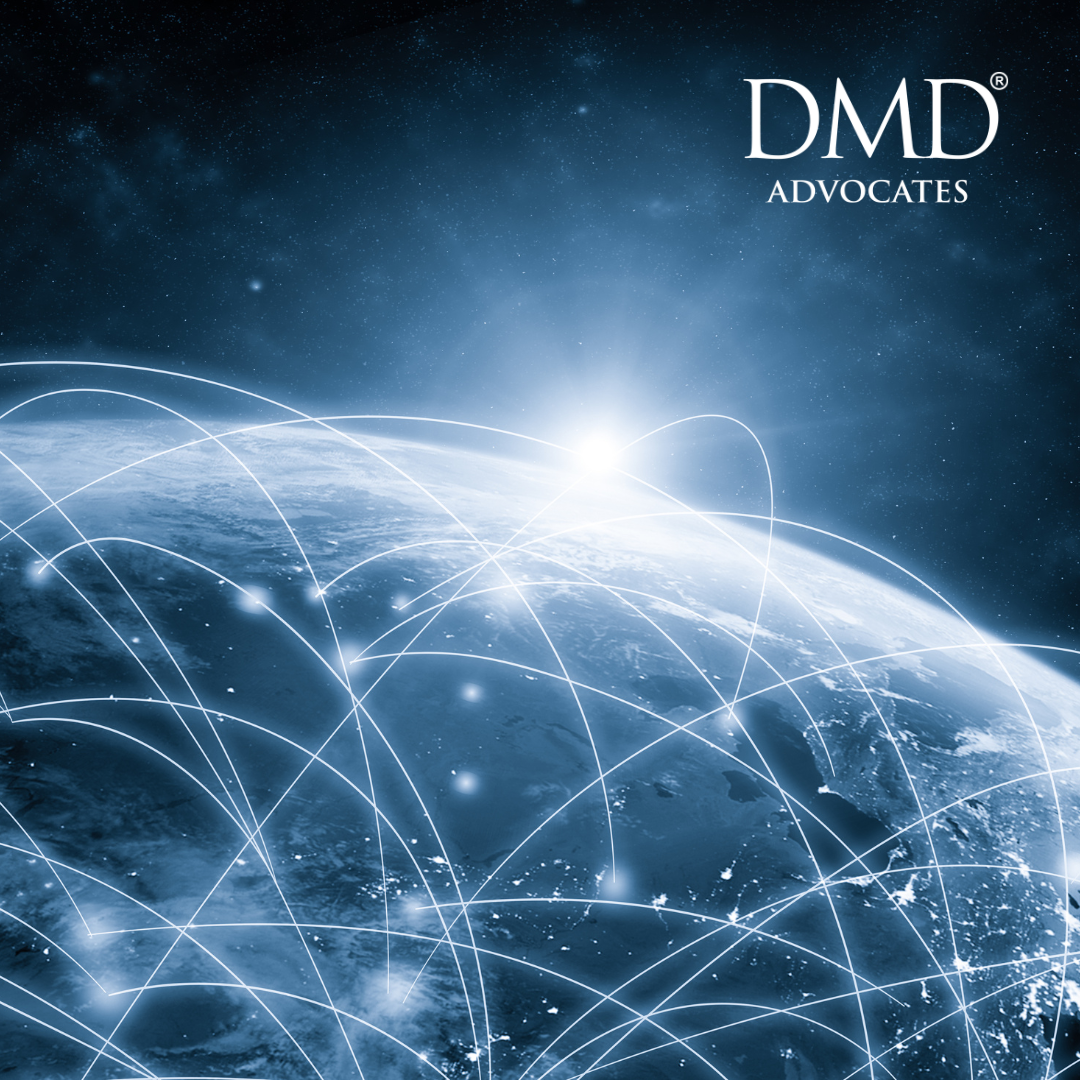What Has Happened?
The Securities and Exchange Board of India (SEBI), during its 210th board meeting held on June 18, 2025, approved an extensive package of regulatory amendments and new frameworks. These changes address key aspects of the Indian capital markets ecosystem, including IPO processes, real estate and infrastructure investment trusts, angel funds, portfolio managers, and more. The reform initiative aims to bolster investor protection, simplify compliance, and improve operational efficiency.
Why Has This Happened?
These reforms have been introduced to align the regulatory environment with the evolving market dynamics, enhance transparency, attract diverse investment sources, and support India’s growing capital market landscape. The intent remains focused on reducing regulatory friction, encouraging innovation, and fostering long-term stakeholder trust.
Key Takeaways
1. IPOs and Listing Norms
• Exemption granted for equity shares converted from Compulsorily Convertible Securities (CCS) under approved schemes from the one-year holding requirement.
• Minimum Promoter Contribution (MPC) eligibility expanded to include shares held by AIFs, banks, and insurers.
• Promoter-founders now allowed to retain or exercise Employee Stock Ownership Plans (ESOPs) granted a year before the Draft Red Herring Prospectus (DRHP) filing.
• Dematerialization is mandated for shares held by promoter groups, directors, KMPs, Qualified Institutional Buyers (QIBs), and special rights holders before DRHP filing.
2. PSU Delisting and QIP Simplification
• Qualified Institutional Placements placement documents streamlined, focusing on essential disclosures.
• New delisting route for PSUs with over 90% government ownership using a fixed-price offer with a 15% premium over the floor price.
3. Social Enterprises and Angel Funds
• Social Stock Exchange framework expanded to include trusts and societies as Not-for-Profit Organisations (NPOs).
• ‘Social Impact Assessment Organisations were introduced for standardized impact assessment.
• NPOs are required to raise funds within two years post-registration or face deregistration.
• Accredited Investors are allowed in angel funds and recognized as QIBs.
• Investment limits widened to INR 10 lakh to INR 25 crore, with removal of the 25% concentration cap.
4. AIF Co-investment and FPI Reforms
• Co-investments for Category I & II Alternative Investment Funds (AIFs) permitted under a new co-investment scheme without requiring PMS registration.
• Foreign Portfolio Investors (FPIs) in Government Securities (GS-FPIs) receive compliance relief, including less frequent KYC and exemption from investor group disclosures.
• Non-Resident Indians and Overseas Citizens of India are permitted as GS-FPI constituents without restrictions.
5. Portfolio Managers and Disclosure Changes
• Schedule V removed from Portfolio Managers Regulations.
• The disclosure format will be governed via circulars, allowing easier updates.
6. Operational Flexibility for Financial Intermediaries
• Investment Advisers and Research Analysts are allowed to use mutual fund units instead of FDs for deposit requirements.
• Merchant bankers, debenture trustees, and custodians permitted to undertake specified non-SEBI-regulated activities in the same entity, subject to safeguards.
• Debenture trustees’ roles and trust deed formats standardized.
7. One-Time Settlement Schemes
• Venture Capital Funds offered a settlement option for delayed winding up; applications due by January 19, 2025.
• National Spot Exchange Ltd (NSEL) brokers are eligible for settlement, except those under criminal proceedings or declared defaulters.
8. Dematerialisation and Administrative Simplification
• Mandatory demat issuance for corporate actions.
• Physical mail delivery proof is no longer required for certain signature mismatch cases.
• Certification for associated persons to be issued via SEBI circulars instead of gazette notifications.
Who Will It Impact and How?
• Startups and IPO-bound Companies: Relaxed CCS and MPC norms, ESOP retention by promoters, and demat mandates improve listing readiness and liquidity.
• Public Sector Undertakings: New delisting framework facilitates strategic disinvestment.
• Social Enterprises and Angel Investors: Expanded eligibility and relaxed rules promote early-stage and impact investing.
• AIFs and Foreign Investors: Co-investment structures and GS-FPI reforms streamline capital deployment and compliance.
• Portfolio Managers, IAs, RAs: Simplified disclosures and deposit norms reduce operational burdens.
• Merchant Bankers, DTs, Custodians: Permitted activity expansion enhances service integration.
• Legacy Funds and NSEL Participants: One-time settlement schemes resolve long-standing compliance issues.
• Overall Market Ecosystem: Dematerialization and process digitization fortify market integrity and investor confidence.


















